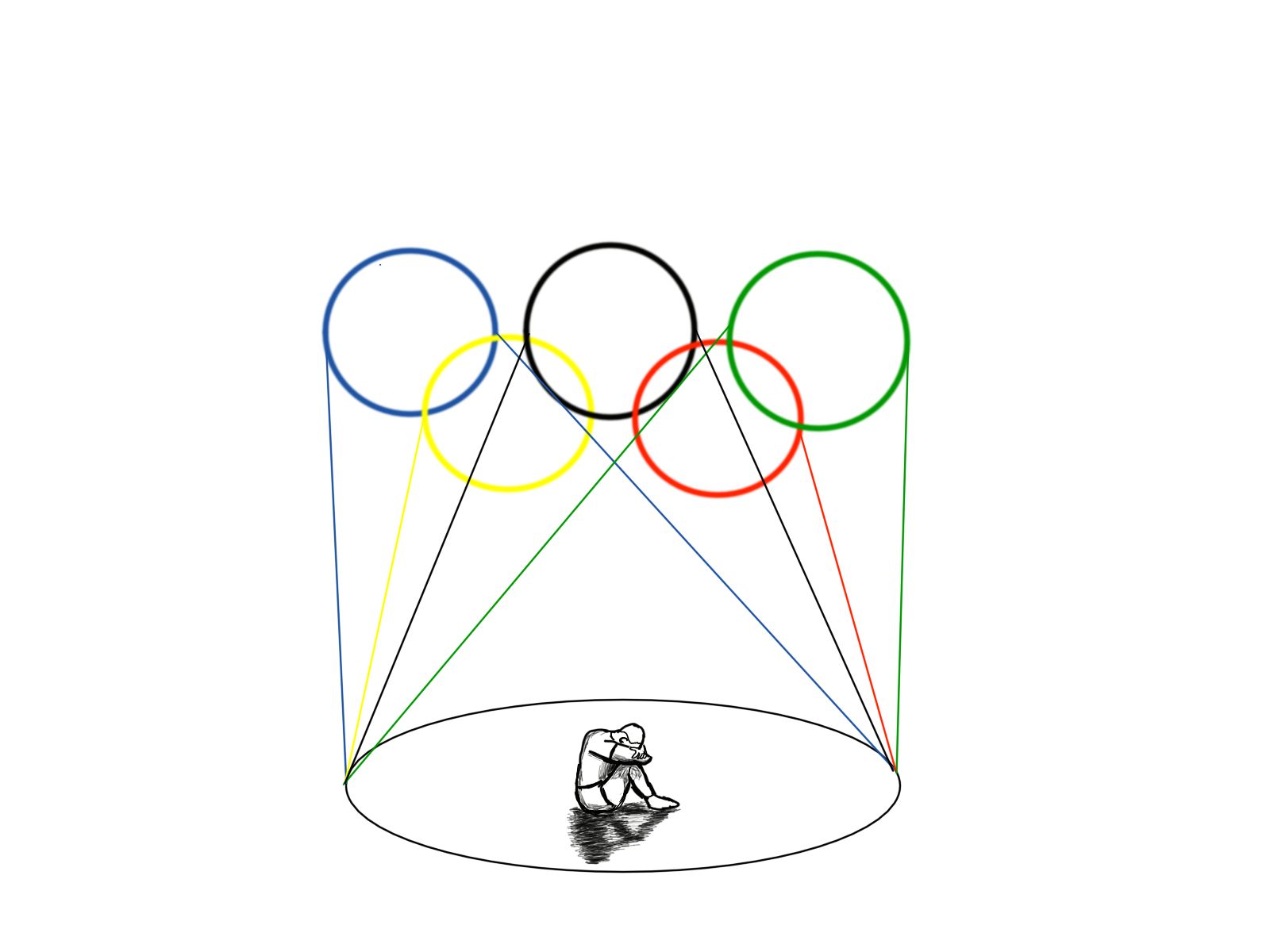
For decades the Olympics have remained the gold-standard for athletic achievement, excellence and persistence, pushing athletes beyond their usual limits as they pursue glory and honor for their home countries.
With all the fanfare and excitement surrounding the games, there is often little conversation surrounding the mental health aspect of being an Olympic athlete. While individual athletes have spoken out at times regarding their own struggles with mental health, the stigma around the subject as a whole has, in the past, prevented meaningful discussions from emerging.
As the Tokyo 2020 Olympics unfolded, it became clear that mental health would finally take precedence when U.S. gymnast Simone Biles withdrew from the women’s team gymnastics final, citing mental health concerns as the reason for her departure in an interview with CNN.
“Whenever you get in a high-stress situation, you kind of freak out,” Biles said. “I have to focus on my mental health and not jeopardize my health and well-being.”
Biles’ decision sparked a landmark debate over how to address the mental well-being of Olympic athletes, one that would draw support from several other high-profile athletes such as Michael Phelps and Aly Raisman. Although she is not the first to publicly announce her struggles with mental health, Biles is one of few Olympic athletes to have this level of impact, with Google’s mental health searches hitting their highest peak in two months the day Biles withdrew.
Tennis player Naomi Osaka, who withdrew earlier in the year from the French Open for similar reasons, spoke out in support of Biles’ decision.
“I think now that it is a leading topic of conversation it is really helpful because at the end of the day, we are athletes and it is our craft, but we are human too,” Osaka said.
According to the International Olympic Committee (IOC), scientific research currently suggests that mental health disorders affect up to 35% of elite athletes at some stage in their careers. This can take the form of depression, anxiety, eating disorders or substance abuse issues. The triggers can be anything from poor sleep, negative media coverage or even premature retirement due to injury.
Ahead of the Tokyo Olympics, the IOC made sure to increase the resources available to athletes. They had an official support service called the “mentally fit helpline” available, which offered counseling and practical support, and they stationed trained psychologists and psychiatrists inside the Olympic Village. On their website they also set up the “Olympic State of Mind” series to advocate for mental health causes.
Subscribe to the Mossy Log Newsletter
Stay up to date with the goings-on at Lewis & Clark! Get the top stories or your favorite section delivered to your inbox whenever we release a new issue.

Leave a Reply